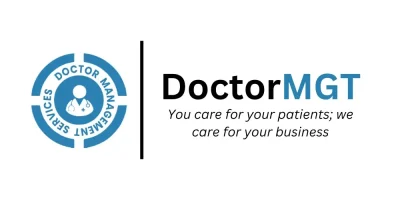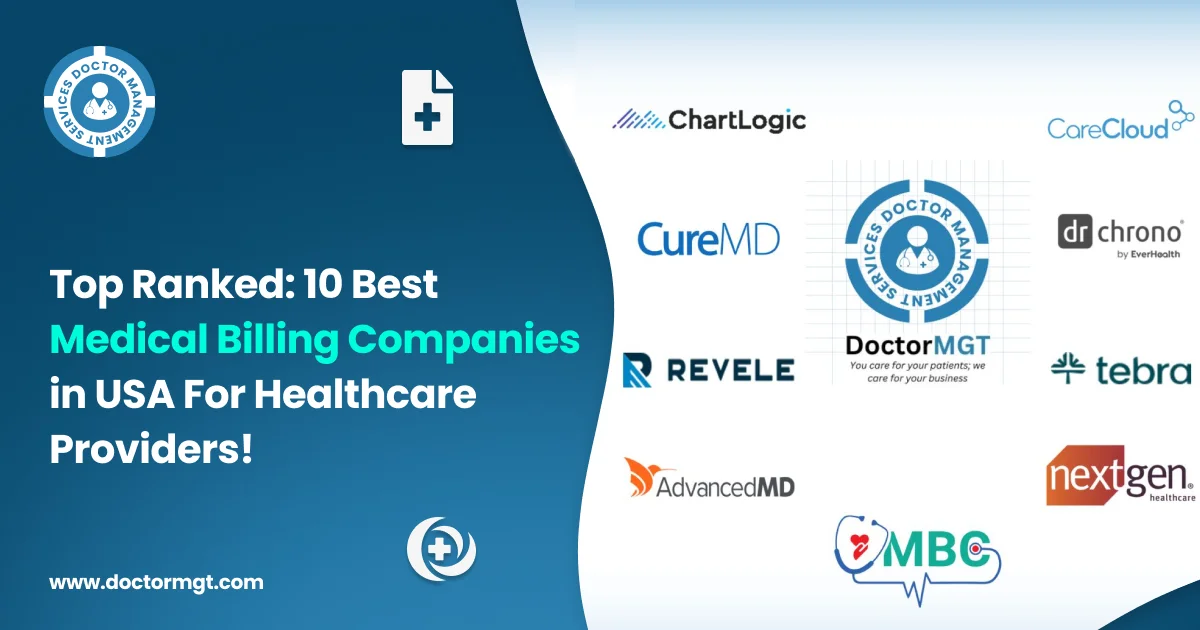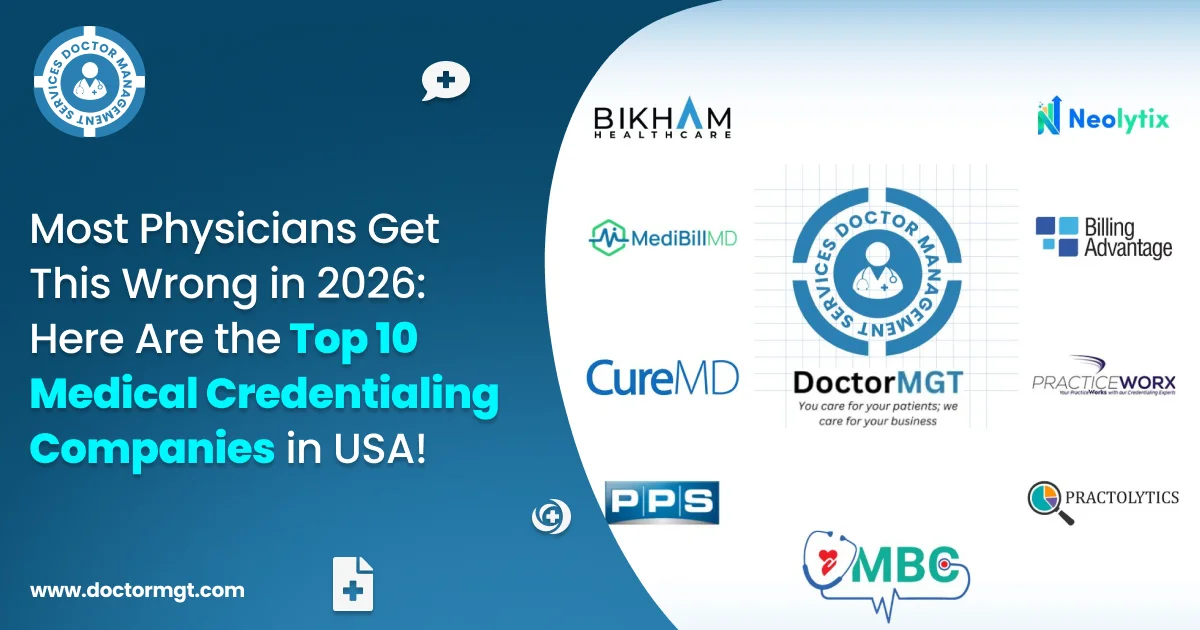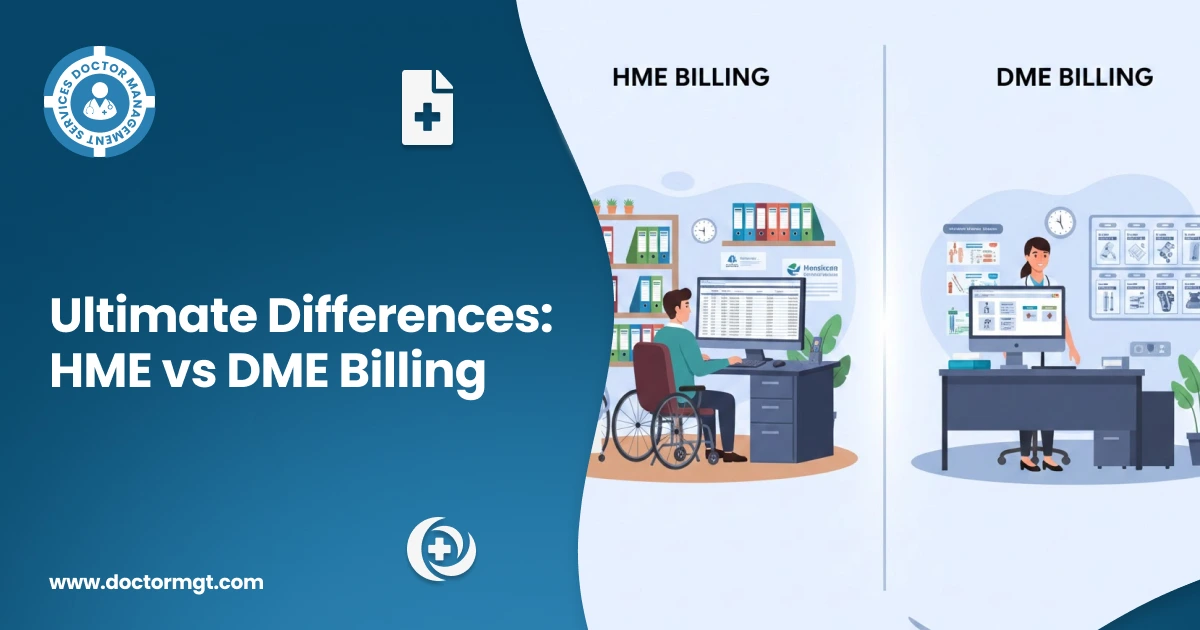We know that dealing with worker compensation and personal injury billing is not a breeze. It occupies a great chunk of time with the heft of documentation that can significantly impact patient care. However, with a proactive approach, leading medical billing companies can significantly streamline this workflow.
For healthcare facilities, it can be a little bit difficult to manage worker compensation collections since the laws keep changing frequently. This is the fundamental reason behind outsourcing this job to medical billing companies that have teams of experts for this job.
Furthermore, these measures have an impact on the general operations of medical practices and ensure that claims are processed accurately in order to maximize their value. Here, we’ll go over some of the challenges that medical practices may encounter when collecting worker compensation claims.
Verify The Patient’s Eligibility
Beforehand starting any treatment, it is essential to establish where and how the incident happened. Patients may not always disclose the real circumstances behind their injuries. In some cases, patients straightly deny telling you the details of the injury.
Additionally, healthcare providers should ensure that the patient’s injury or illness is at work and that the company has workers’ compensation insurance. This step helps to avoid worker’s compensation billing complications and ensures that services are properly covered.
Know Your State’s Guidelines
The laws of medical billing can differ from state to state, and the same is the case with worker compensation collections. For example, medical billing and coding in California have stricter regulations compared to Florida regarding in-network providers charging patients the difference between the billed amount and what insurance allows.
Therefore, comprehensive knowledge of the state is a must for accurately following the guidelines and enhancing reimbursement rates.
Request a Physical Copy of the Adjuster’s Approval
During the discussion with the adjuster, it’s crucial that you verify and get proof of the treatment authorization, and do not accept any verbal authorization. Why is it important? It’s crucial because, if the payer rejects your claims for insufficient authorization, it becomes more complicated to challenge their decision without proof that the visits were approved.
Track Authorized Visits
Usually, authorizations have a date and visit restrictions. So it is important to keep an eye on the authorized visits you have made. It means that if you have reached the end of the authorized period, the insurance company may deny any claim for future dates of service.
Moreover, if your patient’s treatment is still ongoing but you are nearing the end date, contact the adjuster before the expiration of authorization.
Include Necessary Documentation with Your Claim
When charging for workers’ compensation, thorough documentation is essential. A thorough documentation of all the specifics of the patient’s injury, including its cause and relationship to their job, is required. In addition, you should keep records of all treatments given, such as prescription drugs, diagnostic tests, and surgeries.
Proper and thorough documentation supports the legitimacy of claims and makes processing easier. For instance, the medical records should include information about the fracture, the treatment given, and instructions for follow-up care if a worker breaks their arm in an industrial accident.
Do Not Bill Patients for Unpaid Workers’ Comp Claims
APTA prohibits healthcare providers from balancing a bill for unpaid worker compensation claims from patients. Because worker compensation is basically designed to protect the patient from financial hazards during hard times.
Thus, patients are not liable for any charges related to their treatments. You should get in touch with your state’s workers’ compensation commission if you need assistance balancing the bill because they can offer assistance with it.
Clear Up Workers’ Comp Confusion – Contact Your State Commission
Fortunately, each state has a workers’ compensation commission that assists healthcare providers whenever they are stuck up in worker comp complexity. So, you can connect with them without any hesitation in case of balancing your bills or in any other confusion.
Leverage Technology
In today’s digital age, implementing technology solutions can significantly improve workers’ compensation billing operations. Consider using electronic medical record (EMR) systems, practice management software, and billing tools that are specifically intended for workers’ compensation. These systems simplify administrative operations, automate billing workflows, and provide real-time claim status updates, increasing productivity and decreasing errors.
Let’s Sum-up
It takes a combination of expertise, meticulous attention to detail, and effective procedures to become an expert in workers’ compensation billing. Healthcare providers can easily navigate the complexities of workers’ compensation billing by being aware of the system, confirming eligibility, documenting thoroughly, using proper coding, submitting clean claims, following up on claims promptly, and utilizing technology solutions.
These tried-and-true methods can not only expedite medical billing procedures but also increase cash flow, lessen administrative load, and eventually boost overall productivity in healthcare institutions. To guarantee ongoing success in this crucial area of medical billing, stay educated, put best practices into practice, and adjust to changes in the workers’ compensation market.







